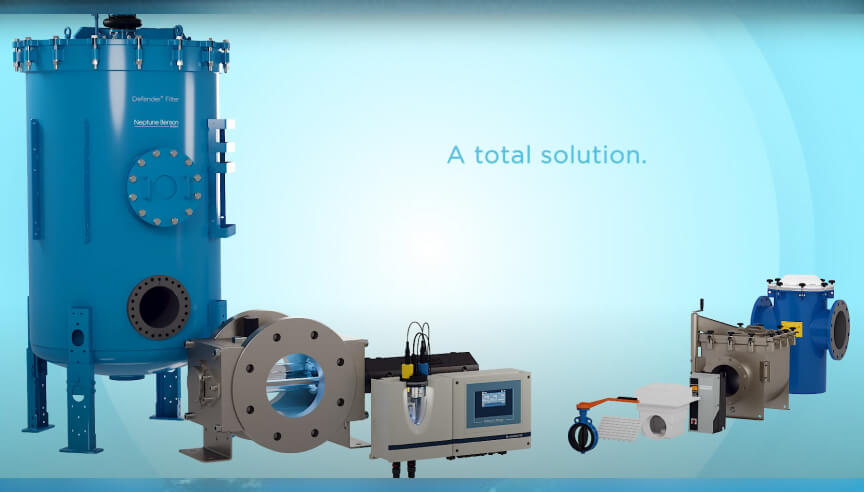Top 10 Questions Owners Ask About Pool Disinfection

Navigating the Depths: Answers to the Top 10 Questions Owners Ask About Pool Disinfection
As pool owners, ensuring the safety and cleanliness of your aquatic oasis is a top priority. Pool disinfection plays a crucial role in maintaining water quality and protecting swimmers from harmful pathogens. To shed light on the often-asked questions surrounding pool disinfection, we’ve compiled a comprehensive guide addressing the top 10 queries pool owners commonly have.
- What is the Best Pool Disinfection Method?
The most common methods for pool disinfection are chlorine, bromine, and saltwater systems. Each method has its advantages and considerations. Chlorine is a popular and effective choice, while bromine is known for stability in higher temperatures. Saltwater pools use a chlorine generator to produce chlorine on-site, offering a milder alternative. - How Often Should I Test the Pool Water?
Regular water testing is crucial. Aim to test your pool water at least two to three times a week, adjusting chemical levels as needed. Factors such as weather, bather load, and debris can influence water chemistry. - What pH Level Should I Maintain?
The pH level of pool water should be maintained between 7.2 and 7.8. This range ensures that disinfectants work effectively, prevents equipment corrosion, and provides comfortable swimming conditions. - Can I Use Alternative Disinfection Methods?
Some pool owners explore alternative disinfection methods, such as UV or ozone systems. While these technologies can enhance water quality, they are often used in conjunction with traditional disinfectants for optimal results. - How Do I Handle Pool Algae?
Algae can be a persistent issue. Regularly shock your pool with a high dose of chlorine to prevent algae growth. Additionally, ensure proper circulation, filtration, and routine cleaning to keep algae at bay. - What is the Difference Between Free Chlorine and Total Chlorine?
Free chlorine is the active form available to sanitize the pool, while total chlorine includes both free chlorine and chlorine compounds that have already reacted. Monitoring both levels helps maintain a healthy swimming environment. - How Can I Prevent Chlorine Odor and Irritation?
Chlorine odor and skin irritation are often caused by chloramines, formed when chlorine reacts with contaminants. Maintain proper disinfectant levels, shock the pool when needed, and encourage showering before swimming to reduce chloramine buildup. - Is it Safe to Swim After Adding Chemicals?
It’s generally advisable to wait until chemicals have dispersed and levels have normalized before swimming. Follow product guidelines for specific waiting periods after adding disinfectants or other pool chemicals. - Can I Use Household Bleach in My Pool?
While household bleach contains chlorine, it’s not formulated for pools and may contain additives harmful to pool equipment. It’s recommended to use pool-grade chlorine products to ensure proper disinfection without unwanted side effects. - Which type of pool filtration is preferred?
It all depends on your budget. Sand filters are inexpensive, but use a huge amount of water to flush, which will consume the owner’s resources every month. For quality and economical filtration, filters with regenerative media should be chosen. These filters allow for reduced maintenance and excellent water filtration results.
AQUAANALYTIC DUBAI offers a full range of pool equipment from the world’s leading manufacturers. Ask a question to our engineers and get the right pool water treatment solution and the most favorable prices.
Conclusion:
Owning a pool comes with the responsibility of maintaining a safe and inviting environment for swimmers. Understanding the ins and outs of pool disinfection is essential for achieving this goal. By addressing these top 10 questions, pool owners can navigate the complexities of pool maintenance, ensuring that their aquatic haven remains a source of enjoyment for all.
